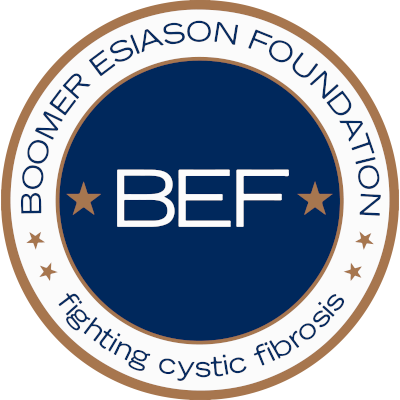The European Medicines Agency’s Committee for Medicinal Products for Human Use (CHMP) has recommended revisions to the product information for antibiotics known as polymyxins (colistin or colistimethate sodium) for the treatment of serious infections that are resistant to standard antibiotics.
Polymyxins, first introduced in the 1960s, fell out of use after the development of newer antibiotics with fewer adverse effects. In recent years, however, there has been a resurgence in polymyxin use as bacteria have become more resistant to the newer agents, leading to concern about whether the old dosing and pharmacokinetic information on the label was accurate. Thus, the CHMP reviewed the available clinical, pharmacologic, and pharmacokinetic data.
The committee cautions that there are “significant gaps” in those data, particularly with regard to pharmacokinetics in special populations such as children and patients with renal impairment. Research is currently underway and should yield more information. In the meantime, the CHMP determined that the product information should be updated with the following information, based on what is currently known:
-
Doses of colistimethate sodium should always be expressed in international units. However, because milligrams are often used in the literature, the label will include a conversion table.
-
Intravenous colistimethate sodium is indicated in adults and children (including newborns) for the treatment of serious infections resulting from Gram-negative pathogens when few other treatment options are available. Coadministration with another antibiotic should be considered when possible.
-
On the basis of very limited information, CHMP determined that the recommended dose in adults is 9 million IU daily in two or three divided doses as a slow intravenous infusion. Critically ill patients should receive a loading dose of 9 million IU. In patients with renal impairment, doses should be reduced according to creatinine clearance.
-
The suggested dose for children is 75,000 to 150,000 IU/kg daily in three divided doses.
-
Where appropriate, adult doses of 125,000 IU for intraventricular administration, and no more than this for intrathecal administration, are recommended.
-
Great caution is urged in using intravenous colistimethate sodium together with other potentially nephrotoxic or neurotoxic medications.
-
Colistimethate sodium solutions can be given by inhalation the management of chronic pulmonary infections resulting from Pseudomonas aeruginosa in adults and children with cystic fibrosis. The recommended dose in adults is 1 to 2 million IU given two or three times a day, and in children, the recommended dose is 0.5 to 1 million IU twice daily, adjusted according to the severity of the condition and the response.
Oral, topical, and dry powder inhalation polymyxin products were not covered in this review.
The CHMP recommendations will now be forwarded to the European Commission, which will issue a final decision “in due course.”
The US Food and Drug Administration has not taken similar action. “There are no active FDA safety reviews of [polymyxin] products. As with all drugs, we will continue to monitor for safety issues and take appropriate action if needed,” an FDA spokesperson told Medscape Medical News.
